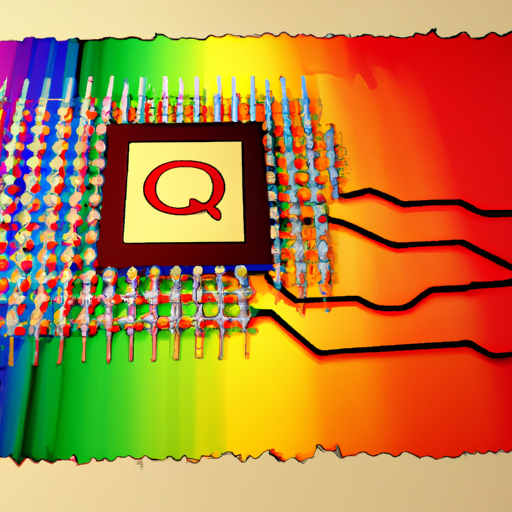In our rapidly evolving digital world, the importance of secure communication cannot be overstated. With cyber threats on the rise, traditional encryption methods are increasingly being challenged. Enter quantum cryptography, a groundbreaking approach based on the principles of quantum mechanics that promises to revolutionize the field of cybersecurity.
What is Quantum Cryptography?
Quantum cryptography uses quantum mechanics to create a secure method of transmitting information. Unlike classical cryptography, which relies on mathematical complexity, quantum cryptography ensures security through the behavior of quantum particles. The most prominent technique in quantum cryptography is Quantum Key Distribution (QKD), which allows two parties to generate a shared, secret random key, known only to them, that can be used for encrypted communication.
Principles of Quantum Cryptography
- Quantum Superposition: A fundamental concept in quantum mechanics, where particles can exist in multiple states at once. This allows for secure key exchange.
- Quantum Entanglement: A phenomenon where particles become interconnected and the state of one can instantly affect the other, regardless of the distance between them.
- Measurement Disturbance: If an eavesdropper attempts to intercept the key exchange, the act of measuring the quantum states will alter them, alerting the communicating parties.
The Importance of Quantum Cryptography
As the digital landscape grows, cyber threats become more sophisticated. Quantum cryptography provides a level of security that is theoretically unbreakable, making it a highly attractive option for sensitive data transmission.
Its importance can be highlighted in various sectors, including:
- Financial Institutions: Protecting sensitive transactions and customer data.
- Government Communications: Securing classified information against espionage.
- Healthcare: Safeguarding medical records and patient data privacy.
Challenges and Future Prospects
Despite its potential, quantum cryptography is still in the early stages of development. Challenges such as implementation costs, the need for specialized equipment, and distance limitations are current obstacles. However, advancements in technology may soon make it more accessible and practical for widespread use.
As researchers continue to explore and develop more efficient methods, quantum cryptography stands at the forefront of the cybersecurity battle, ready to protect our most sensitive information.
Conclusion
Quantum cryptography could redefine secure communications in the digital age. By leveraging the principles of quantum mechanics, it provides a promising shield against cyber threats and ensures that our data remains confidential. As we look to the future, the integration of quantum cryptography into mainstream security protocols will likely become essential.
Stay tuned to our blog for more insights into the evolving fields of cybersecurity and quantum technologies!




